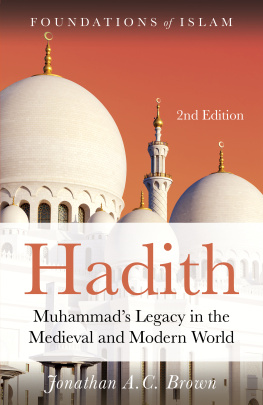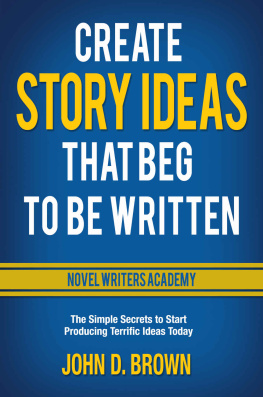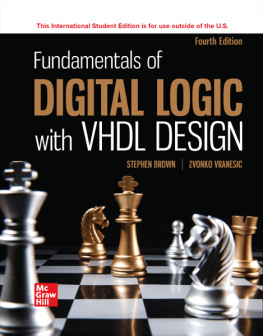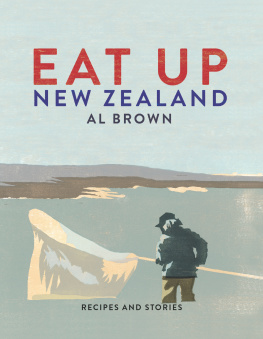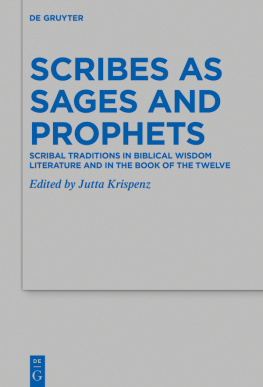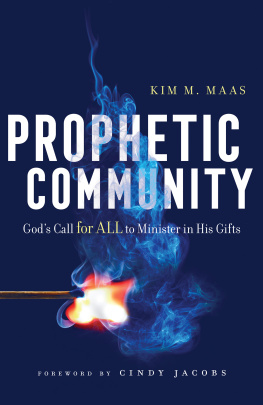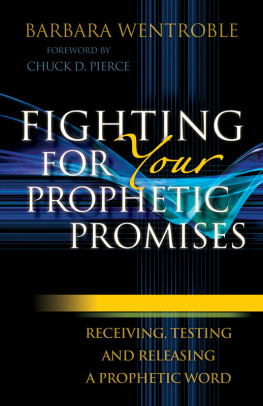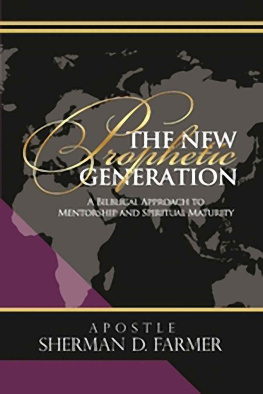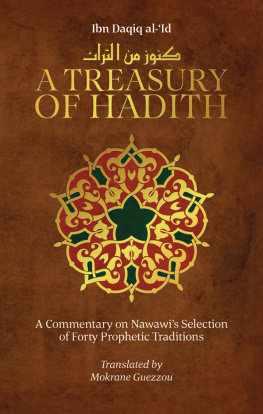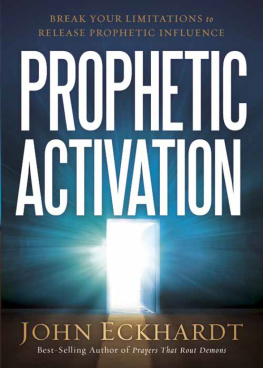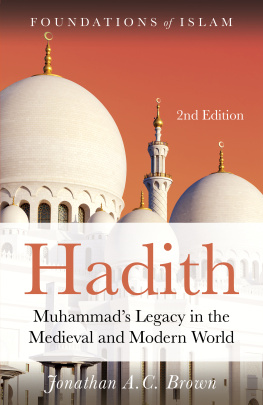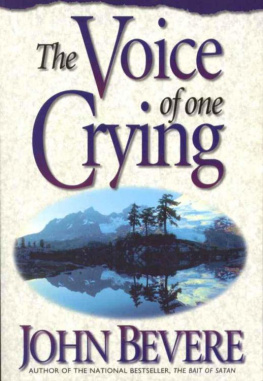MORE PRAISE FOR HADITH
It is impossible to understand the Islamic tradition without getting some knowledge of the sciences of hadith . In this fascinating introduction, Jonathan A. C. Brown provides the reader with the necessary means to navigate between the traditional framework and contemporary issues. A brilliant essay written by a widely-acknowledged scholar in the field.
Tariq Ramadan, Professor of Contemporary Islamic Studies, University of Oxford
A must read and a great read. The combination of impeccable, critical scholarship with a storytellers style has produced an introductory volume that is both substantive and remarkably engaging.
John L. Esposito, Founding Director of the Center for Muslim-Christian Understanding, Georgetown University
A comprehensive study of the scholarship throughout Islamic history dealing with the traditions of the Prophet. A combination of critical analysis and informed understanding that presents a significant new perspective on a much-debated subject.
John O. Voll, Professor Emeritus of Islamic History, Georgetown University
FOUNDATIONS of ISLAM
Series Editor: Omid Safi
Other Titles in this Series
Pilgrimage in Islam: Traditional and Modern Practices by Sophia Rose Arjana
The Qur an: An Introduction by Anna M. Gade
Shar iah Law: An Introduction by Mohammad Hashim Kamali
ABOUT THE AUTHOR
Jonathan A. C. Brown is Associate Professor and Alwaleed bin Talal Chair of Islamic Civilization at Georgetown University. He is the author of Misquoting Muhammad , which is also published by Oneworld. He lives in Washington, DC.
Hadith
Muhammads Legacy in the Medieval and Modern World
Jonathan A. C. Brown
Whoever has preserved one life, it is as if he has saved all of humanity.
Quran 5:32
To Julia Taft
My godmother and the noblest woman I have known
CONTENTS
The science of hadith is a noble one, and generations of scholars far, far more capable and devoted than I have dedicated their lives to transmitting, analyzing, and sorting through the legacy attributed to Muhammad. One could spend a lifetime reading the works of scholars like al-Bukhr, al-Dhahab, and Ibn Hajar, and two lifetimes trying to keep up with them. Matching their accomplishments is inconceivable to me. I can only hope that this book provides an adequate introduction to their work and the influence it has had on Islamic civilization.
Students and colleagues always ask me whether the Sunni hadith tradition provides an accurate representation of Muhammads teachings. In truth, I can only say that projects such as this book are part of my search for the answer to that question. As the Chinese art collector Lu Shih-hua (d. 1779 CE) once wrote, such matters came to us from the ancients. The ancients are gone, and we cannot raise them from the Nether World to question them. So how can we arrive at the truth without being vain and false in our wrangling noisily about it?
Jonathan A. C. Brown
Khdim al-hadth al-sharf
Sana, Yemen, 2007
ENDNOTE
Wen Fong, The Problem of Forgery in Chinese Painting: Part One, p. 99.
Dates in this book will follow the Hijr/Common Era format, where the first date (the Hijr date) is that of the Islamic lunar calendar, which begins with Muhammads emigration to Medina in 1/622. Obviously, pre-Islamic dates will follow the standard Before Common Era (BCE) and Common Era (CE) dating system. After the 1700s CE we no longer include Hijr dates as they serve little use after that point.
Abbreviations used in this book include b. for the Arabic ibn , or son of , and (s) for the honorific Arabic phrase May the peace and blessings of God be upon him ( sall Allh alayhi wa sallam ), which is commonly said and written after Muhammads name.
The transliteration characters in this book represent the long vowels in Arabic and Persian: , , and . The character represents a simple glottal stop, like the initial sounds of both syllables in uh oh. The symbol indicates the Arabic letter ayn , a sound that resembles the Aaah noise a person makes when getting their throat checked by the doctor. In Arabic and Persian words, q represents a voiceless uvular sound produced at the back of the throat and is non-existent in English. One could most closely approximate this sound with the c sound at the beginning of the crow noise caw! caw! Gh indicates a sound similar to the French r, and kh represents a velar fricative like the sound of clearing ones throat. Dh indicates the th sound in words like that or bother. Th represents the th sound in words like bath.
It has been almost ten years since I wrote the preface to the first edition of this book, sitting in an upper-floor room in a house in Sana, the red and orange light bathing the battered furniture through colored glass. How much the world has changed, how much people have suffered, and how many of the pillars of my own world have fallen. Sana is bombed and besieged. Its already impoverished people starve. Syria lies in ruins beyond tragedy. Egypt, the place I felt most at home, has mutated from the warm and open world of deep knowledge that drew me in, to a kitschy-dark caricature of mid-twentieth-century fascism. Those Egyptian scholars from whom I had benefited and learned so much have either died or become loyal servants of a dictatorship that only fools and the myopically vicious could embrace.
So then either my teachers were fools, in which case, does the knowledge they imparted to so many have any value? Or they were vicious, in which case, can such a vessel truly carry this knowledge, which is religion, without sullying it? How does one make sense of things when ones exemplars make choices that seem so profoundly wrong? Ive long pondered this, and the answer Im led to again and again is both comforting and supremely disturbing.
The political sphere appears of supreme import. Men triumph or are humiliated or killed; innocent women and children suffer unspeakable abuse; war is fought, peace is made, prosperity nurtured or squandered. But in the vaulted chamber of ideas, of knowledge, this sphere occupies just a portion of one of many shelves. Some who have brought great misery in human history have aimed only at satisfying themselves, but far more have been pursuing the same abstract goods as their righteous, often martyred, opponents. Bond villains are often very well intentioned. Political trauma, as total as it is, is created less by ideas than by their interpretation and implementation. Like all those who have reflected on human polity, my teachers valued both justice and order. But order had priority for them. Others would put justice first. This is a question of priority, and it has consequences. But, phrased like this in the abstract, reasonable people can disagree. And in that small space of disagreement the dimensions of our world are warped in inversion, and endless wrongs and suffering are inflicted. All on part of one shelf in the great library of our human heritage and its divine inspiration.
As impossible as it seems, as impossible as it is for me, we must keep our political disagreements in perspective. A report in Sahih al-Bukhr describes how, as Islams first, bloody civil war erupted, there was a diplomatic meeting. On one side was Ammr bin Ysir, who would soon die in the war, and on the other Ab Ms and Ab Mas d. The two men say to Ammr, In all the time since youve been Muslim, we havent seen you undertake anything more distasteful to us than your haste in this matter. Ammr replies, And I havent seen from you two, since the time you became Muslims, anything more distasteful to me than your hesitation on this matter. Then Ab Mas d dresses each of the other two in robes, and they all head off to the mosque for prayer.

